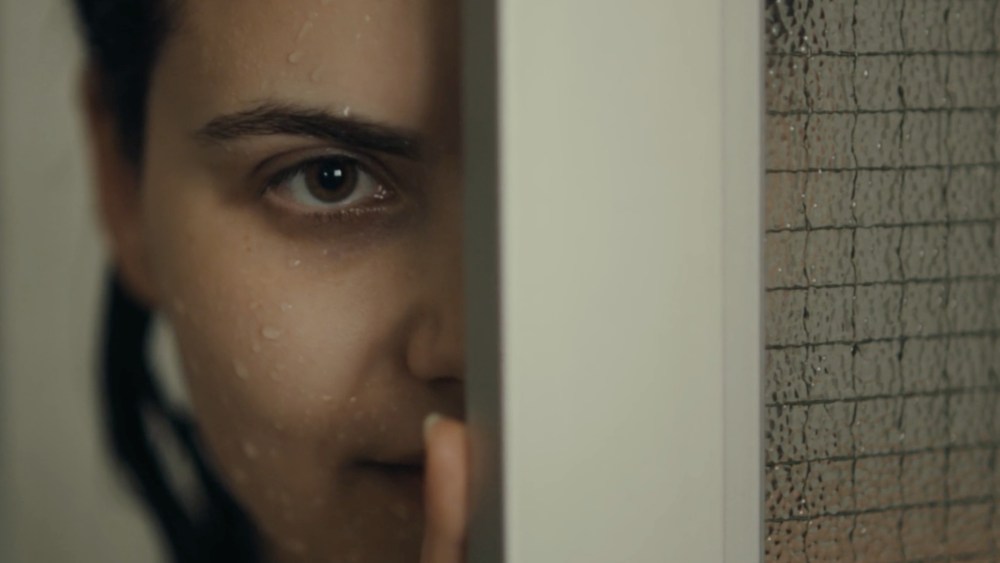The 46th edition of the Clermont-Ferrand Short Film Festival, held from January 31 to February 8, was a resounding success, breaking attendance records with 173,000 festival-goers. The event celebrated a diverse range of cinematic talents, honoring films that pushed boundaries, told compelling stories, and showcased innovative filmmaking techniques. Among the top winners were Unspoken, Genealogy of Violence, and Aferrado, each claiming a grand prize in the international, national, and lab competitions, respectively. These films exemplified the festival’s commitment to recognizing bold and thought-provoking storytelling.
Unspoken, directed by Australian filmmaker Damian Walshe-Howling, took home the top international prize. A gripping drama set in late-1970s Sydney, the film follows a young Croatian-born woman whose life unravels as Croatian independence protests engulf her adopted hometown. Walshe-Howling, known for his acting career in Australian cinema, solidified his reputation as a director with this powerful narrative. The film’s unsettling portrayal of political upheaval and personal turmoil resonated with audiences and jurors alike. Another standout in the international competition was O, directed by Rúnar Rúnarsson, which earned Icelandic actor Ingvar Eggert Sigurðsson the acting award for his poignant portrayal of a man battling addiction. Meanwhile, A Bear Remembers, a film by U.K.-based duo Zhang & Knight, claimed two prizes: the Canal+ award and the European cinema award, highlighting its emotional depth and universal appeal.
In the national competition, Genealogy of Violence by Mohamed Bourouissa emerged as the top winner. A groundbreaking film that blends 3D scanning and AI technology, Genealogy of Violence explores themes of dispossession and social control through a routine police identity check. Bourouissa’s background in video art and large-scale installations is evident in the film’s innovative use of new media. The film also won a VFX prize sponsored by Adobe, underscoring its technical excellence. Other notable winners in the national competition included Oh Maybe Not Tonight by Kim Fino, which received the special jury prize, and Two People Exchanging Saliva by Natalie Musteata and Alexandre Singh, which claimed the audience award. French actor Philippe Rebbot was honored for his performance in Death of an Actor, a film that also took home the best comedy award.
The lab competition, dedicated to boundary-pushing and experimental films, was won by Aferrado by Esteban Azuela. This low-fi 3D experiment follows a car mechanic in modern Mexico City living a double life. The film’s use of photogrammetry and CGI created a visually striking narrative that captivated jurors. Other prize-winning films in the lab competition included Ship of Fools by Alia Haju, Ni Dieu Ni Pere by Paul Kermarec, Wamè by Joseph Gaï Ramaka, and Exit Through the Cuckoo’s Nest by Nikola Ilić, which won both the Festival Connexion award and the best documentary honor. These films showcased the festival’s dedication to supporting innovative storytelling and technical experimentation.
The festival also highlighted the work of established filmmakers and rising talents. Mercenary, a slow-burning drama set in a slaughterhouse and directed by Pier-Philippe Chevigny, won a special jury prize, with Quebecois actor Marc-André Grondin delivering a standout performance. Meanwhile, Maha Haj’s Upshot, which previously won at Locarno, added a Clermont-Ferrand audience prize to its growing list of accolades, further cementing its reputation as a critically acclaimed film. These victories not only reflect the diversity of the films but also the global reach of the festival, which has become a platform for filmmakers to gain international recognition.
The Clermont-Ferrand Short Film Festival continues to be a beacon for cinematic innovation and storytelling excellence. By celebrating films like Unspoken, Genealogy of Violence, and Aferrado, the festival underscores the importance of shorter formats in exploring complex themes and pushing artistic boundaries. As the event grows in popularity, breaking attendance records year after year, it remains a vital space for filmmakers and audiences to connect and experience the power of short cinema. The 46th edition was a testament to the enduring impact of short films and the festival’s role in nurturing creative voices.
